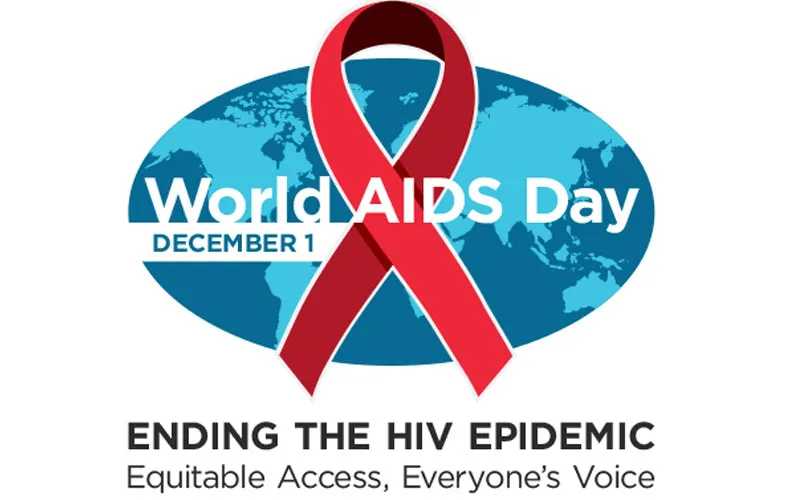Referencing the Catholic Social Teachings, which recognize the need for all humanity to access the goods of the earth fairly, the Jesuit Priest says, “Every person living with AIDS, whether in rural or urban settings, should have access to prevention, treatment, care and support, irrespective of their gender, race or religion.”
“We cannot talk of mercy, compassion, and social justice when there are over 37 million people living with AIDS in the world, of which 25 million are in Africa – women, men and children who are almost forgotten and face inequality in treatment, access to medical care and dignified existence. A call for a just world is a call for the practice of equality without leaving anyone behind,” says the Nigerian-born President of JCAM.
In her message for World AIDS Day this year, the Executive Director of the Joint United Nations Program on HIV/AIDS (UNAIDS) said structural inequalities have made it difficult to effectively implement proven solutions for prevention and treatment of HIV/AIDS.
“Without the inequality-fighting approach we need to end AIDS, the world would also struggle to end the COVID-19 pandemic and would remain unprepared for the pandemics of the future. That would be profoundly dangerous for us all,” said Winnie Byanyima.
Ms. Byanyima added, “If we take on the inequalities that hold back progress, we can deliver on the promise to end AIDS by 2030. It is in our hands.”
Celebrations for this year’s World AIDS Day are guided by the theme, “End Inequalities. End AIDS.”
In the December 1 statement, JCAM President says the theme for this year’s celebration recognizes that “we need to end these inequalities because they are a threat to human and ecological life and wellbeing.”
The Nairobi-based Jesuit Priest adds that the theme correlates strongly with the theme of the yearlong celebration of the 500 years of the conversion of St. Ignatius of Loyola, the founder of the Jesuits, Ignatian Year.
He says that both themes call for more engagement, conversion or change, in order to promote the wellbeing and dignity of all, as well as increase our commitment and resources for testing, treatment, prevention and care.
“In this Ignatian Year, Jesuits and their collaborators desire to see with the eyes of the loving and compassionate Christ what needs to change at both individual and community levels so that our life-giving ministry and engagement may bear fruits that last,” Fr. Orobator says.








